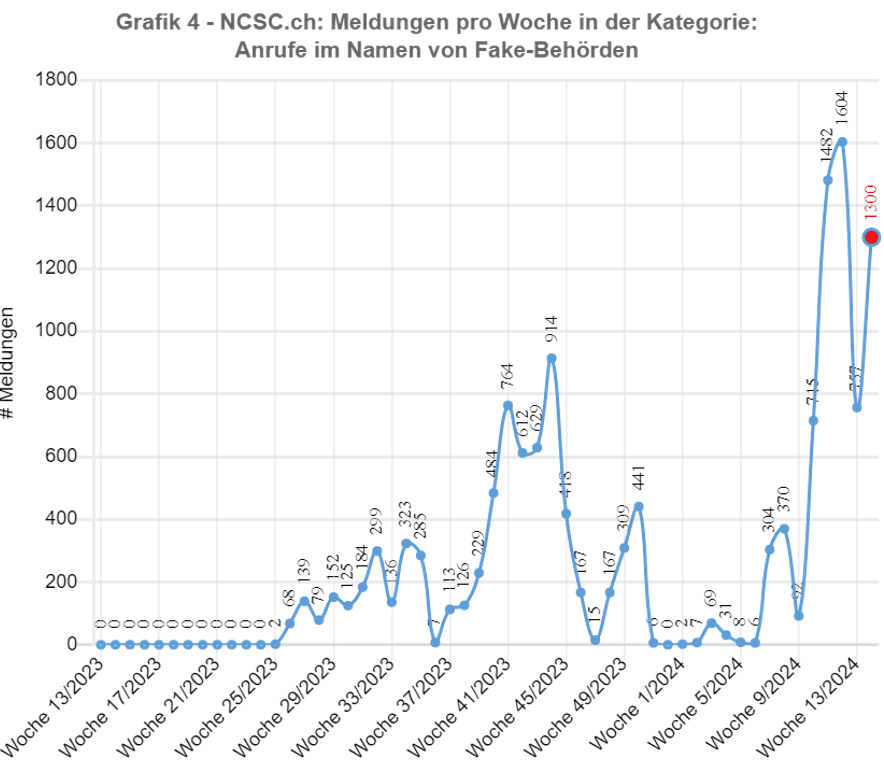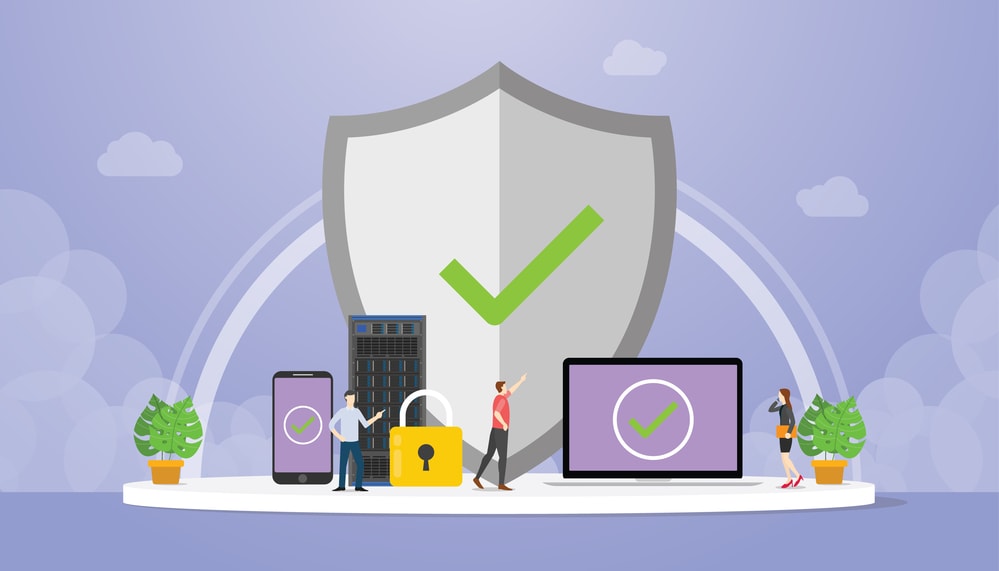Calls from fake authorities at record high
The Federal Office for Cyber Security (BACS) has been monitoring the phenomenon of fake calls from alleged police authorities for nine months now. In the last three weeks, reports to the BACS about this phenomenon have almost tripled and are responsible for the highest number of reports received since the contact point was founded. However, the high number of incoming reports is not only negative.

SIphotography
Since summer 2023, the BACS has been receiving an increasing number of fake calls from alleged police authorities. The scam starts with a phone call from a supposed police or customs authority claiming, for example, that personal bank account details have been found in connection with a criminal offense. There are various variants. What they all have in common, however, is that a computer-generated voice speaks in impeccable English and asks the person called to press the "1" key to obtain further information. You are then connected to a supposed police officer.
After an initial large wave of calls last fall and a subsequent decline in the winter months, the number of reports received by BACS has exploded in recent weeks. The attackers have obviously intensified their business model.
The trick with pressing the "1" button
High number of incoming reports is not only negative
With the use of such a machine, the number of calls is virtually unlimited. It could call practically every line in Switzerland in one day. The more sensitive the population is and the more calls are immediately abandoned, the more calls the fraudsters' machine has to make in order to generate enough potential victims who are then connected to the fraudsters. A high number of reports to BACS can therefore also mean something positive, namely that the majority of the population is sensitized, quickly sees through the scam and stops the call immediately.
Do not call back, the number displayed is fake
Recommendations
- Cancel such phone calls immediately. Neither the police nor other authorities will make calls to gain access to your devices;
- Do not allow anyone to access your devices remotely. If you have granted remote access, there is a possibility that your computer has been infected;
- The first step is to uninstall the remote access program;
- If an infection is suspected, have the computer examined immediately by a specialist and cleaned if necessary. The safest option is to completely reinstall the computer. However, do not forget to back up all personal data beforehand;
- If you have suffered a financial loss, report the case to your bank and file a complaint.









